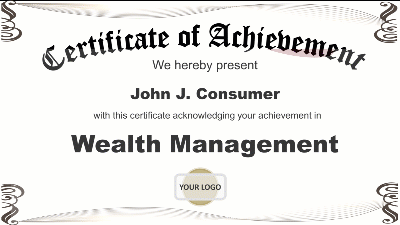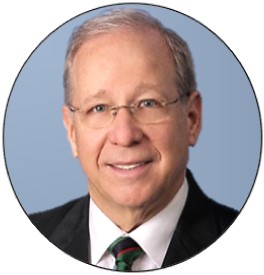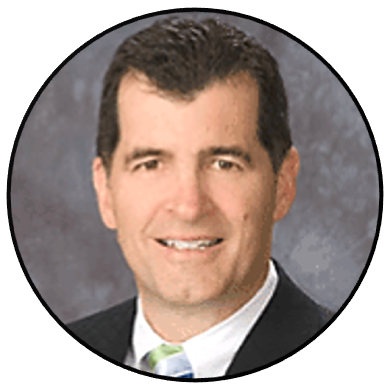Here's How To Differentiate Yourself From The Goldman Sachs "Muppet" Masters Hot
JPMorgan's Jamie Dimon has banned his people from playing up Goldman's "alleged issues" as a way to woo business away from their archrival in prime brokerage and other key markets.
Dimon wants JPM to keep its nose clean and stay out of another giant's affairs. From his position, it's a smart move.
On the other hand, Al Lowenthal at Oppenheimer sent out a memo of his own acknowledging that right or wrong, the allegations of gross conflicts of interest at Goldman can't be shoved back into the bottle.
"I have no firsthand knowledge of the truth or accuracy of the article, but it is an article that is likely to go 'viral' on the Internet and become a topic for our clients," he says.
That's true. Goldman may not go out of its way to sell unsuitable product to its clients in order to boost its bottom line, but perceptions matter -- and scandal often reveals what everyone already suspected.
We all know that the securities industry is still riddled with operators who pad their pockets at their clients' expense. A lot of self-proclaimed advisors have nothing but disdain for the people who pay them. There's a lot of bad product out there and it doesn't sell itself.
If you're not selling it, say so. Maybe you think it goes without saying that you're not in the kind of firm that people think of when they think "Goldman Sachs."
But the truth bears repeating.
The Oppenheimer memo ends with a ringing example of how good firms can differentiate themselves from "business as usual" in the industry:
"At Oppenheimer, we work hard each day to support and service the investment needs of our clients. We do not trade against them and have not built a firm around a proprietary-trading book that requires our clients to lose in order for us to win. We largely act as agent and sit on the same side of the table as our clients. We benefit when they do. I am proud of the culture that we have built at Oppenheimer and do not believe that it needs defending either internally nor externally."
"I think that it is important that you are aware of this article and understand the differences between what it says about Goldman and what and who we are here at Oppenheimer."
When was the last time you told your clients that you're proud of being on their side?


















